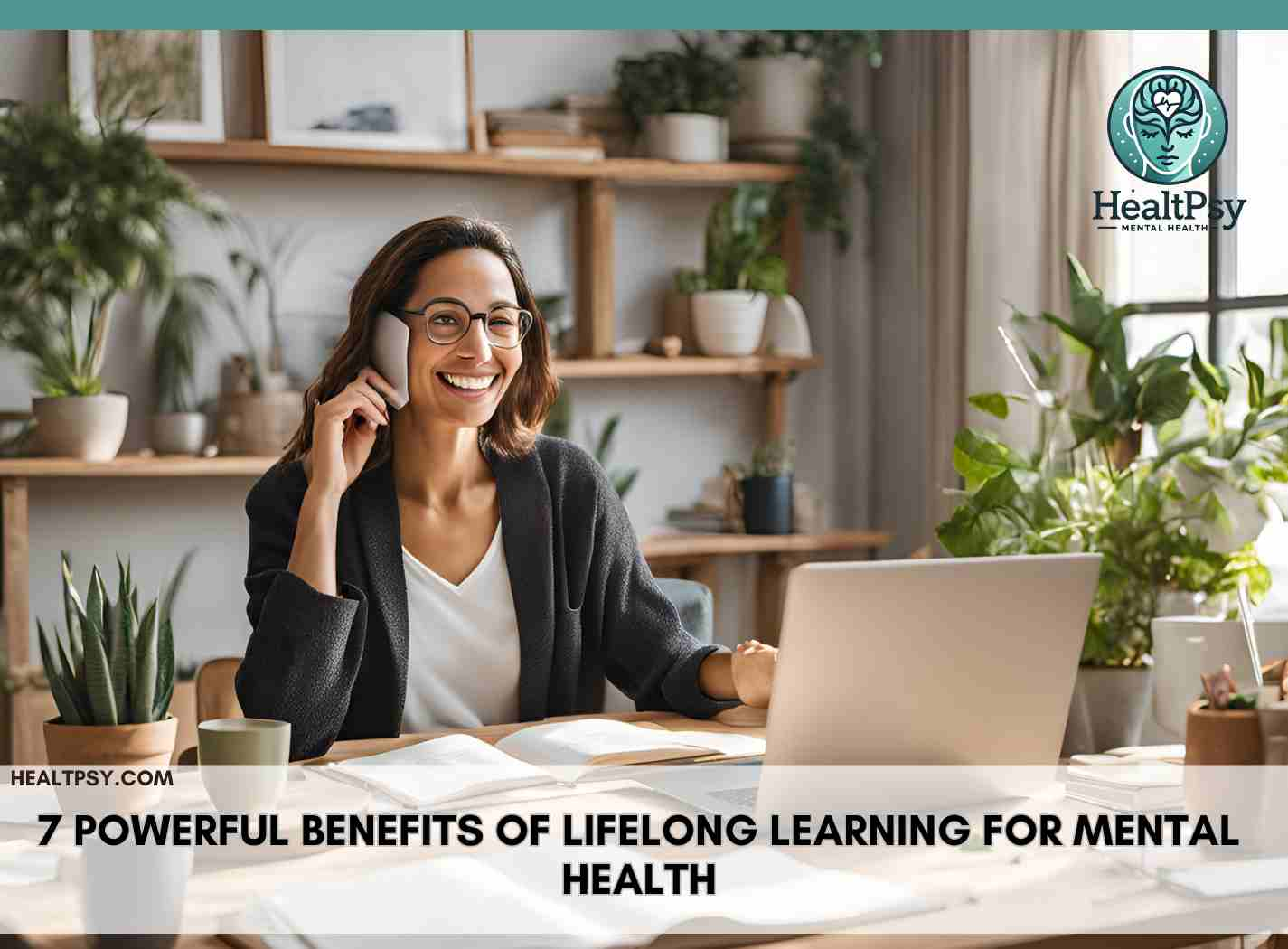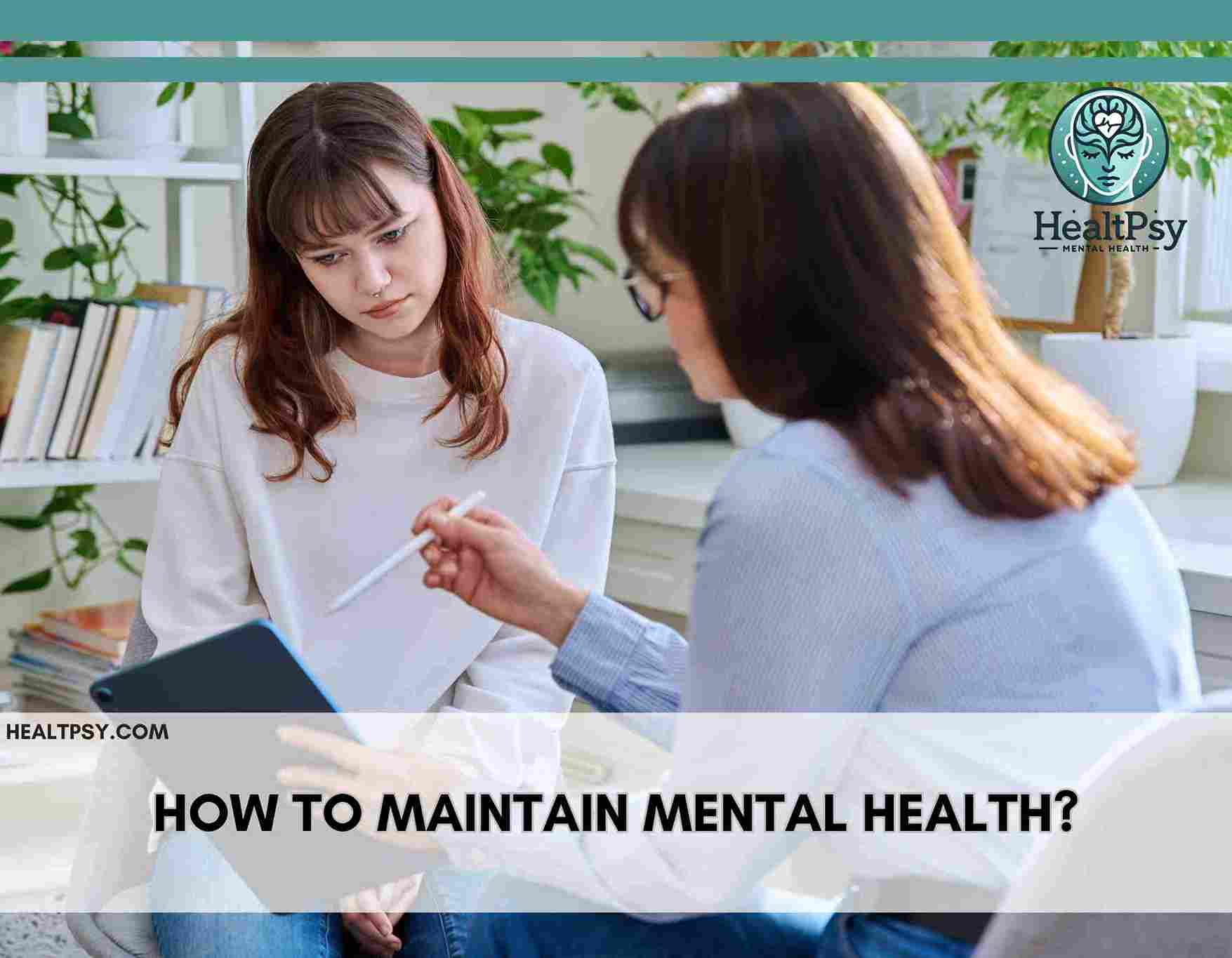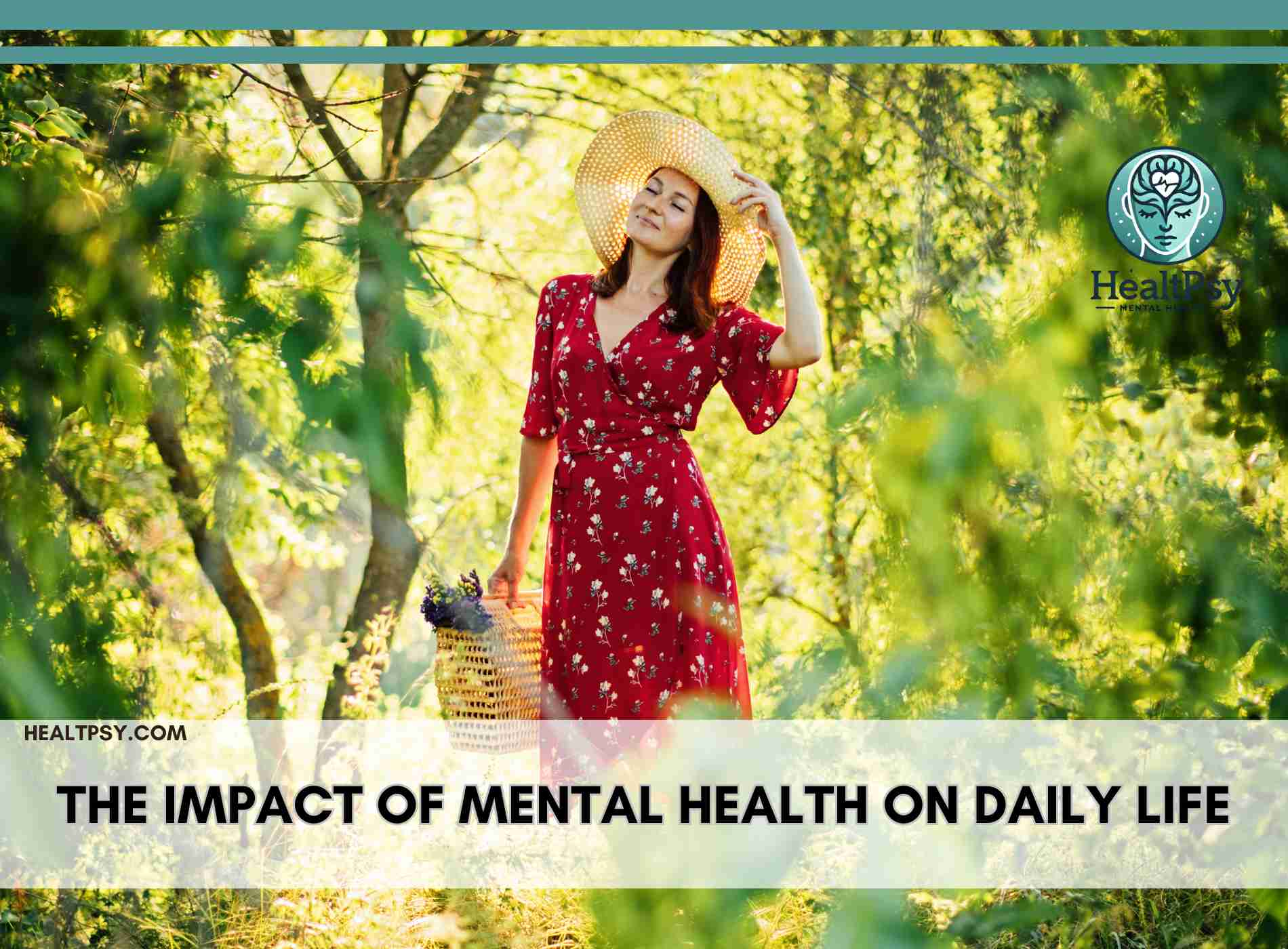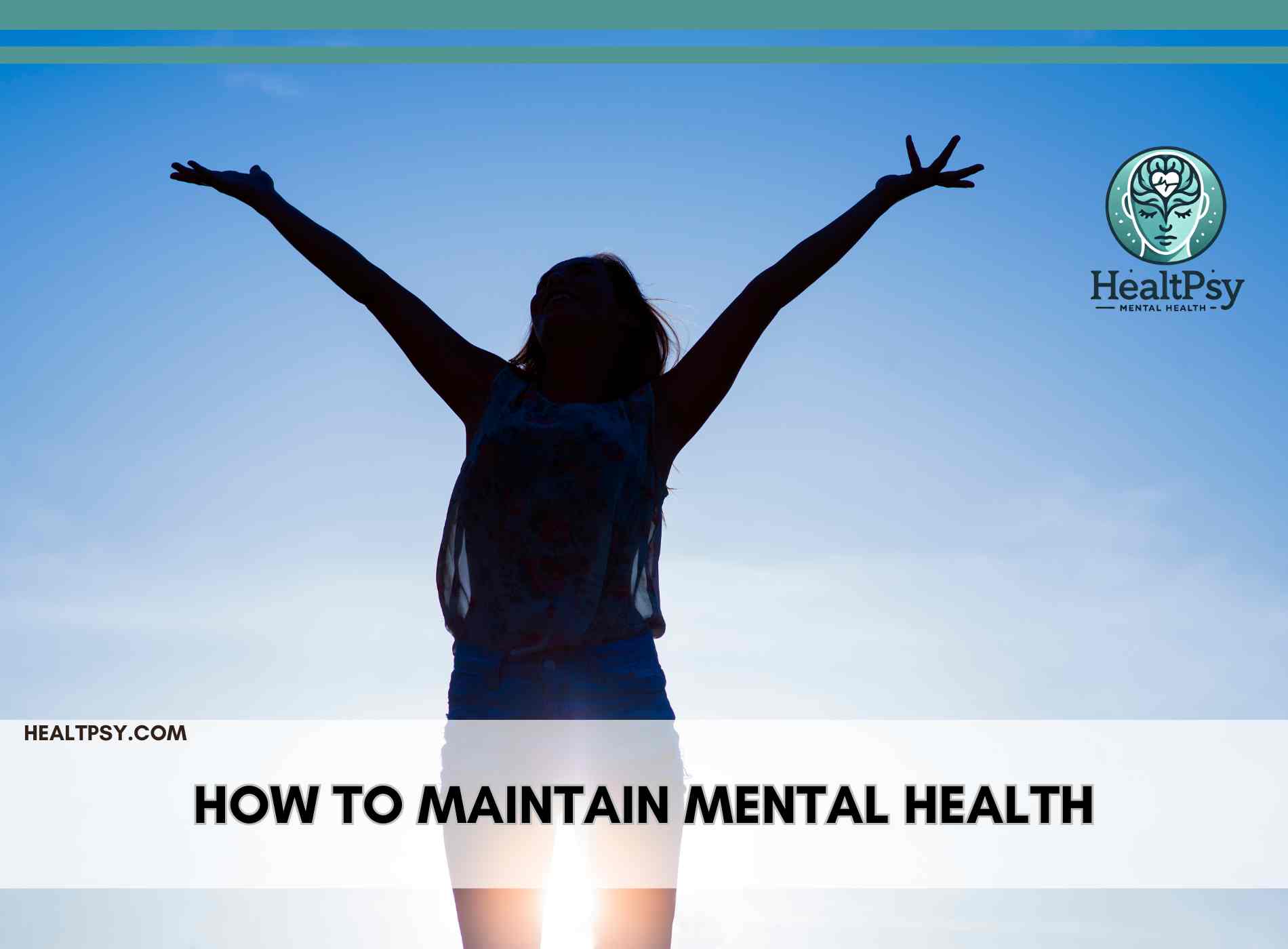7 Powerful Benefits of Lifelong Learning for Mental Health
Lifelong learning and mental health are deeply connected, with continuous education offering numerous psychological benefits. Embracing lifelong learning fosters personal growth, resilience, and mental well-being, making it essential for individuals of all ages.
The Connection Between Lifelong Learning and Mental Health
Lifelong learning refers to the ongoing pursuit of knowledge, skills, and competencies throughout life. Engaging in continuous education enhances cognitive function, reduces stress, and promotes emotional well-being. Studies by the American Psychological Association (APA) highlight that individuals who engage in lifelong learning experience lower levels of anxiety and depression.
Additionally, lifelong learning serves as a vital tool for personal empowerment. Acquiring new skills fosters independence, giving individuals a sense of control over their lives. It encourages curiosity and creativity, which are essential for mental flexibility and problem-solving. The process of learning also offers structure and routine, which can be particularly beneficial for those managing mental health conditions like anxiety or depression. As individuals set learning goals and achieve them, they experience a sense of purpose and accomplishment that significantly boosts their mental well-being. The social aspect of learning, such as participating in workshops or online courses, also helps in building supportive networks, further enhancing emotional resilience and reducing feelings of isolation.
📌 For more insights on personal growth, visit our section on Personal Growth and Self-Development.
🔗 External Source: Harvard Health – Lifelong Learning and Mental Health
Signs That Lifelong Learning Benefits Mental Health
- Enhanced cognitive abilities and sharper memory.
- Higher self-esteem and a sense of accomplishment.
- Reduced stress levels and better emotional regulation.
- Increased social interaction through learning communities.
📌 Explore the importance of mental well-being in The Importance of Self-Care in Preventing Psychological Issues.
🔗 External Source: National Institute of Mental Health – Cognitive Health
7 Powerful Benefits of Lifelong Learning for Mental Health
1. Boosts Self-Esteem and Confidence
Learning new skills provides a sense of achievement, enhancing self-esteem and confidence. Mastering new subjects or hobbies fosters a positive self-image and mental well-being.
📌 Read about building self-confidence in Tips for Developing Self-Confidence.
🔗 External Source: Psychology Today – Self-Confidence and Learning
2. Reduces Stress and Anxiety
Engaging in learning activities offers a productive escape from daily stressors. Activities like reading, taking courses, or learning a new language provide mental relaxation and reduce anxiety.
🔗 External Source: Mayo Clinic – Stress Management Through Learning
3. Enhances Cognitive Function
Continuous learning keeps the brain active, improving memory, problem-solving skills, and cognitive flexibility. It reduces the risk of cognitive decline and age-related mental health issues.
📌 Learn about cognitive health in The Benefits of Mindfulness for Mental Health.
🔗 External Source: National Institute on Aging – Cognitive Health
4. Provides a Sense of Purpose
Setting learning goals and achieving them provides direction and purpose, enhancing mental well-being. Lifelong learners often report higher life satisfaction and happiness.
5. Encourages Social Interaction
Learning environments, whether in-person or online, offer opportunities to connect with like-minded individuals, reducing feelings of loneliness and promoting social well-being.
6. Fosters Adaptability and Resilience
Lifelong learners adapt better to change and challenges, developing resilience that helps them cope with stress and adversity.
📌 Discover resilience strategies in Building Psychological Resilience to Face Crises.
7. Promotes Emotional Well-Being
Learning enhances emotional regulation, providing tools to manage emotions, build positive habits, and improve overall mental health.
🔗 External Source: Greater Good Science Center – Emotional Well-Being and Learning
Conclusion
Embracing lifelong learning is not just about acquiring knowledge; it’s a pathway to better mental health. From boosting confidence and reducing stress to enhancing cognitive function and fostering social connections, the benefits are profound and lasting.
📌 For more resources on mental health and well-being, visit Psychological Support and Therapy.
you might also like




